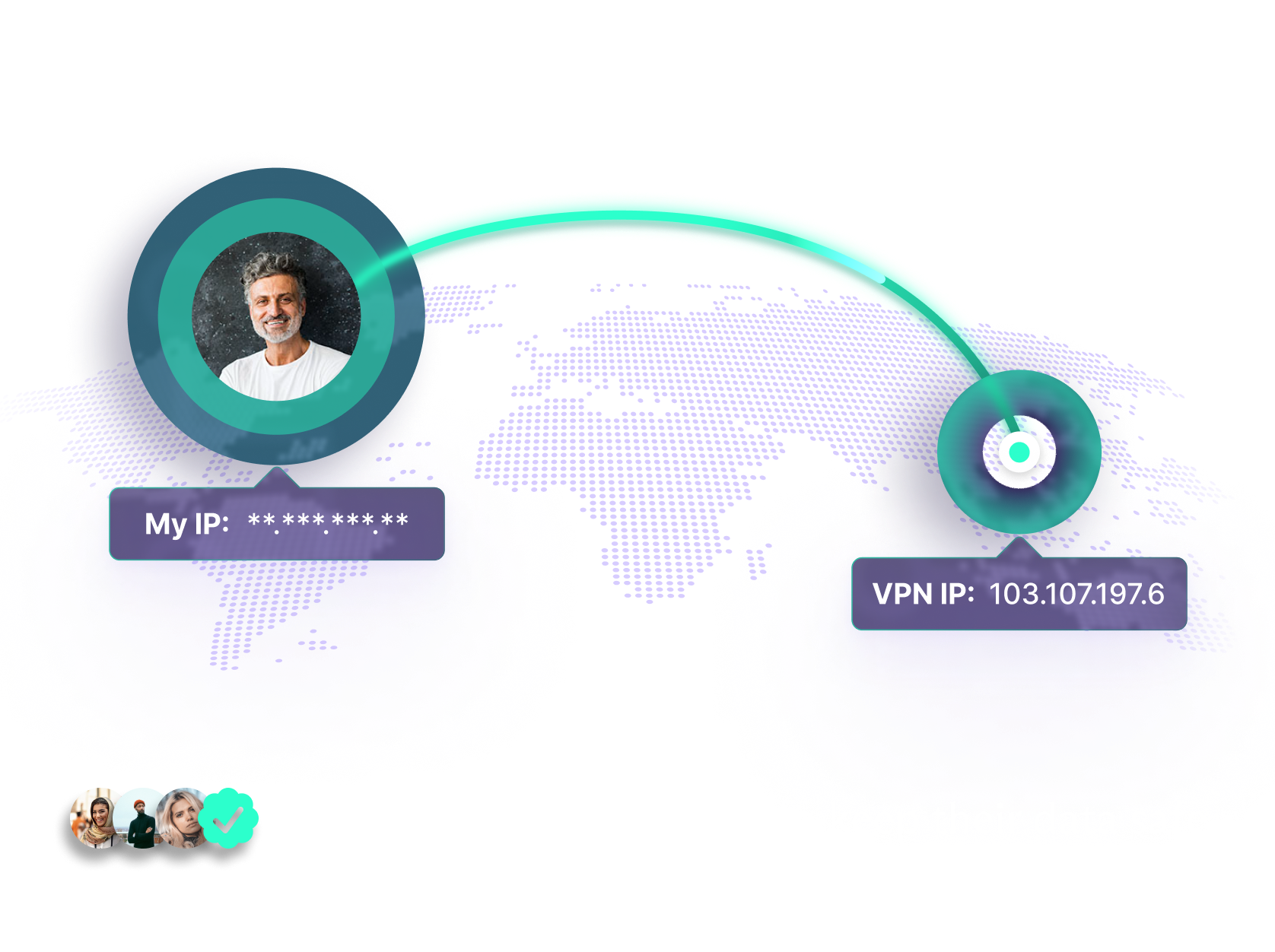What’s my public IP address?
Your public IP address is:
70.40.220.129
| City: | None |
|---|---|
| Country: | United States |
| Country Code: | US |
| Latitude: |
37.751
|
| Longitude: |
-97.822
|
| Postal Code: | None |
| Organization: | Unified Layer |
| ASN: | 46606 |
| ISP Name: | Unified Layer |
Browse privately with Proton’s free VPN
Stop Big Tech, ISPs, and marketers from using your IP to track your location and online activities. Hide your IP address and protect your personal data and privacy with Proton VPN.
Get Proton VPN Free
What is an IP address?
An IP address is a number assigned to your device by your ISP which acts as a unique identifier. It allows anyone (ISPs, governments, advertisers) to track your online activity, leaving you vulnerable.
Easily hide your IP address
When you connect to a VPN, it assigns you a new IP address that masks your real IP. This hides your location, online identity, and activities and protects your privacy.
Choose Proton VPN Free
- Unlimited bandwidth and high connection speeds
- No-logs policy – even we can’t see your online activities
- A secure VPN that’s backed by strict Swiss privacy laws
- Open source and audited
Frequently asked questions
A VPN offers more than just masking your IP address. Here’s what else a VPN can do for you:
Establishes a secure internet connection
When you connect to a VPN, your device (computer, smartphone, etc.) establishes a secure, encrypted connection with one of the VPN provider’s servers. This server can be located in another city or country, depending on your preferences. This ensures your connection is secure, even on public wi-fi networks.
Encrypts your data
A good VPN (like Proton VPN) encrypts your internet traffic, meaning that all data passing between your device and the VPN server is scrambled and unreadable to anyone who might try to intercept it, including your ISP, hackers, or government surveillance.
Hides your location
Since the VPN server assigns you a new IP address that corresponds to its location, websites and online services assume you are located where the VPN server is. This masks your real geographical location.
Gives you access to your favorite content
VPNs can help you explore content available in different regions by allowing you to connect to servers in other countries. For example:
- Streaming services: You might find that some platforms have different shows and movies in various regions. Using a VPN, you can access content that may not be available in your current location.
- Access to restricted websites: If certain websites or apps aren’t available in your area, a VPN can help you browse more freely.